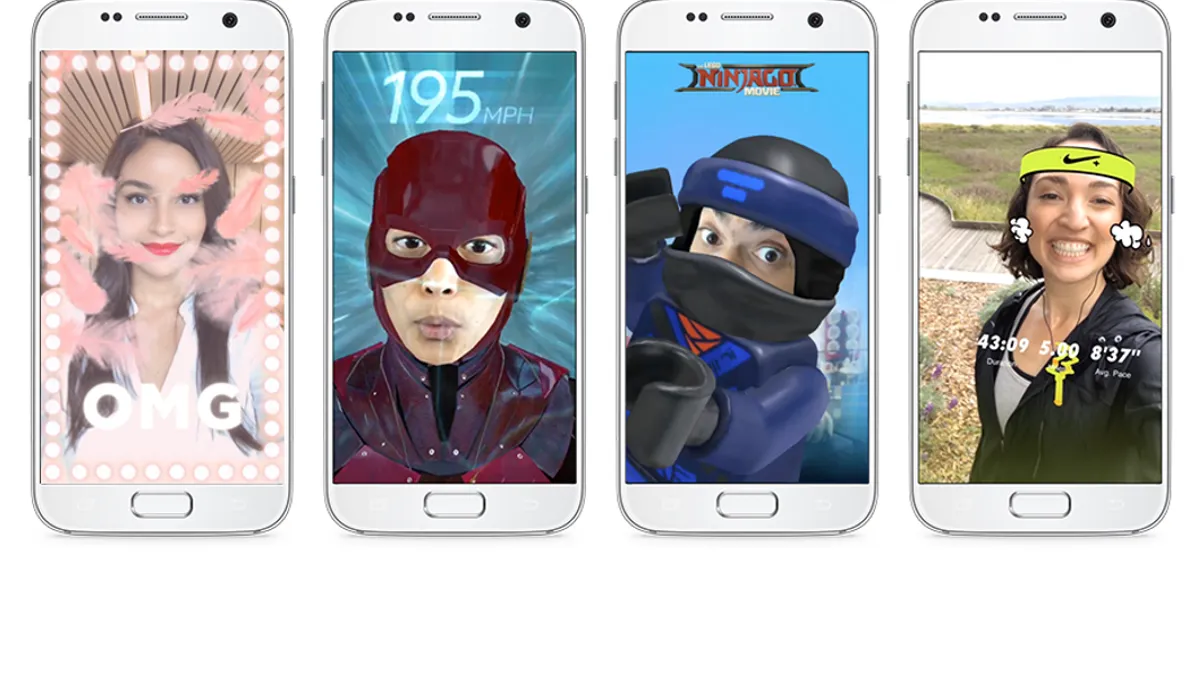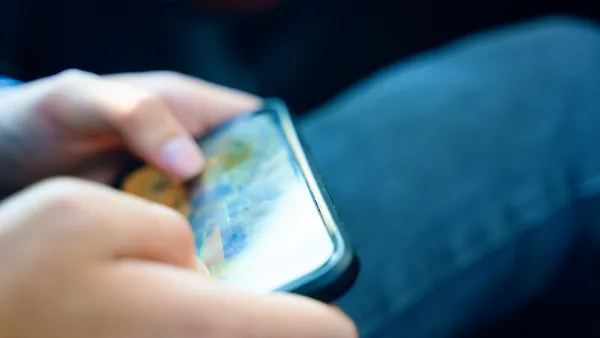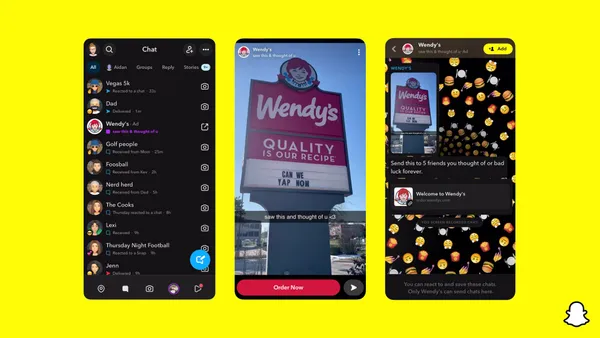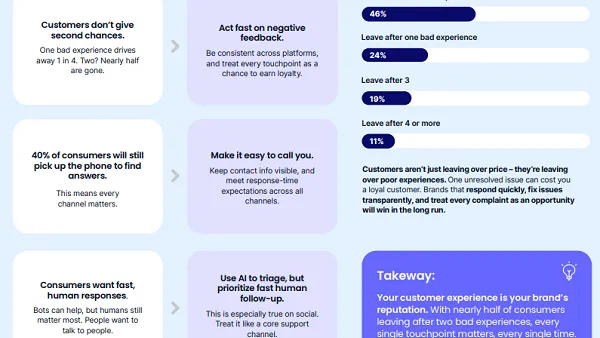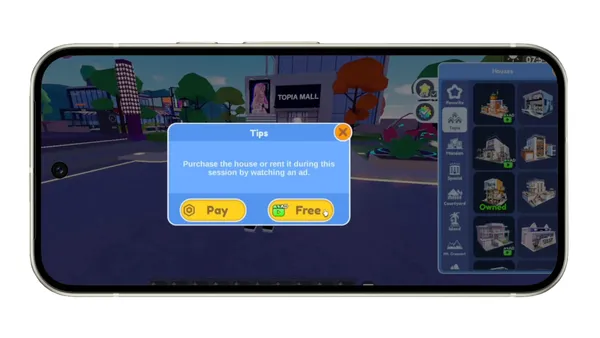Brief:
-
Facebook, the social network with more than 2 billion users worldwide, is now granting access to all third parties who want to produce augmented reality (AR) with the latest test version of its AR Studio, per a statement made available to Mobile Marketer. The company previously let more than 2,000 brands, publishers and artists try out the development tools since announcing AR Studio at its F8 developer conference in April, per a blog post.
-
HBO, L’Oreal Paris and Supercell are among the companies that have used the AR Studio to create campaigns that use Camera Effects, which are Facebook’s version of digital overlays that mobile users can add to their pictures and videos before sharing them with friends. For the season 7 finale of hit series “Game of Thrones,” HBO used AR Studio to let fans turns themselves into the evil Night King character.
-
Facebook will soon introduce tools to help creators develop 3D digital objects for people to place onto surfaces and interact with in their physical space, Ficus Kirkpatrick, director of engineering at Facebook, said in the blog post.
Insight:
The one-upmanship continues among digital platforms looking to lead the AR space, with Facebook hoping its large cross-platform user base can help it provide a point of differentiation from competitors like Apple's ARKit and Google's ARCore. The second half of 2017 has seen a dizzying array of AR platform developments and tech companies, developers and marketers looking to be a part of what is expected to be a major part of digital experiences going forward. Apple has come out strong with a number of big brands launching ARKit experiences, Google is making a bigger push with AR stickers and Snapchat, an early leader, continues to innovate. The ultimate winner is likely to offer the right combination of scale, innovation and easy-to-use tools for developers.
Facebook CEO Mark Zuckerberg talked about his vision for AR and virtual reality (VR) tools at the company’s F8 developer conference last spring. He said mobile apps might let people create a 3D scene from a single two-dimensional photo or decorate a home with digital art seen through a camera, according to the Associated Press. “Over time, I think this is going to be a really important technology that changes how we use our phones,” Zuckerberg said.
Global spending on AR/VR is forecast to rise 95% to $17.8 billion next year from $9.1 billion in 2017, researcher IDC said in a November report. Retail showcasing of products in-store and online will be the two largest use cases of AR/VR with combined spending of more than $950 million in 2018, IDC predicted.


